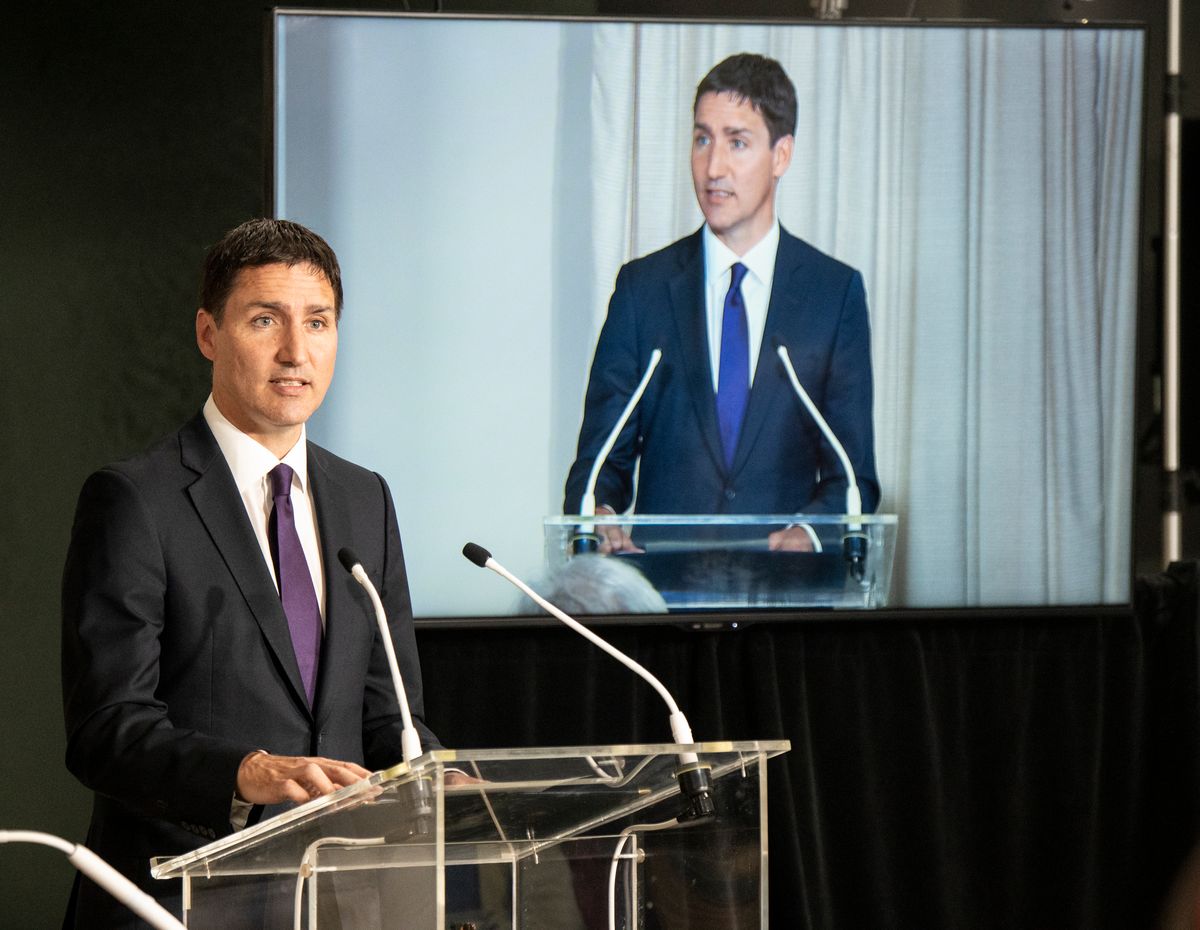Canada Invests in Countering Foreign Interference Amid Tensions with China

The Lede: Canada has ramped up its spending to mitigate the impact of interference and influence by perceived authoritarian foreign governments, according to its federal budget for the year 2023. The change comes weeks after Canadian authorities started an investigation into suspected Chinese meddling in the previous two federal elections.
What we know:
- The recent budget allocation includes funds for the establishment of a National Counter-Foreign Interference Office within the Department of Public Safety. It also provides the Royal Canadian Mounted Police with up to $49 million to enhance their measures against nations such as China, Russia, and Iran and “to protect Canadians from harassment and intimidation, increase its investigative capacity, and more proactively engage with communities at greater risk of being targeted.”
- There has been increasing speculation that China may have intervened in Canada's recent federal elections with the aim of supporting Prime Minister Justin Trudeau and his Liberal Party. A Conservative candidate in the Vancouver area, Kenny Chiu, alleges that a deliberate spread of misinformation resulted in his loss in 2021.
- The Chinese Foreign Minister, Qin Gang, has refuted claims that China attempted to interfere in Canada's elections and has called on the Canadian government to take measures to prevent unfounded “rumors” from undermining the relationship between the two nations.
- Prime Minister Trudeau, appointed David Johnston, a former Governor General, as a "special rapporteur" tasked with examining the necessity of a formal investigation into election interference, with a report due end of May.
The background:
China-Canada relations have become increasingly strained in recent years due to a variety of factors. One of the key issues has been the arrest of Huawei executive Meng Wanzhou on fraud charges in 2018 at the request of the United States. The Chinese government has repeatedly called for her release and has taken retaliatory measures against Canada, including detaining two Canadian citizens in what many view as hostage diplomacy. These actions have led to a significant deterioration in relations between the two countries, with China imposing trade restrictions on Canadian goods. Canada has been vocal in its criticism of China's actions against Uyghurs in Xinjiang province and has been among the countries calling for an international investigation into human rights violations.
Throughout the years Canada has been trying to balance its economic interests with its security concerns, considering that China is Canada's second-largest trading partner. The Canadian government has faced criticism for being too willing to engage with China economically, despite concerns about human rights abuses and other issues.
In 2022, the bilateral trade between the two nations reached a historic peak, with Canada importing C$100 billion (US$73 billion) worth of goods from China while exporting goods worth C$27.9 billion.
Likely outcomes/Takeaway:
- Canada’s budget changes could indicate possible implications for Canadian businesses. It’s clear that the Canadian government is taking a more proactive stance towards protecting against potential foreign interference, which could help to mitigate risks for Canadian businesses operating in sensitive industries such as technology and finance. On the other hand, the decision could also have unintended consequences for Canadian businesses that rely on trade with China. The increased scrutiny and tensions between the two nations could lead to further trade restrictions and tariffs, which could impact the profitability of Canadian businesses and their ability to access the Chinese market.
- China has a history of utilizing economic coercion as a tool to advance its political objectives. During the height of the dispute over the arrest of Meng, China imposed a ban on imports of Canadian canola and pork products. As a nation heavily dependent on trade and the free movement of goods, Canada is vulnerable to such economic pressures, and any attempts to push back against them could result in even harsher retaliation.
Quotables:
- “Authoritarian regimes, such as Russia, China, and Iran, believe they can act with impunity and meddle in the affairs of democracies—and democracies must act to defend ourselves. No one in Canada should ever be threatened by foreign actors, and Canadian businesses and Canada's public institutions must be free of foreign interference.” – Canada’s federal budget for 2023.
- “We’re going to have to continue to be wide-eyed and clear about the threat that China poses and wants to pose to the stability of our democracies.” – Canadian Prime Minister Justin Trudeau told CNN.
- “China has never meddled with other countries’ internal affairs and opposes such attempts by any country.”– Chinese Foreign Minister Qin Gang.
Good Reads:
Is China's 'red carpet' era for Canadian business about to end? (Yahoo Finance)
Canada's China policy must be about more than election interference (Nikkei Asia)
China Accused of Meddling in Canada’s Elections (Voice of America)



